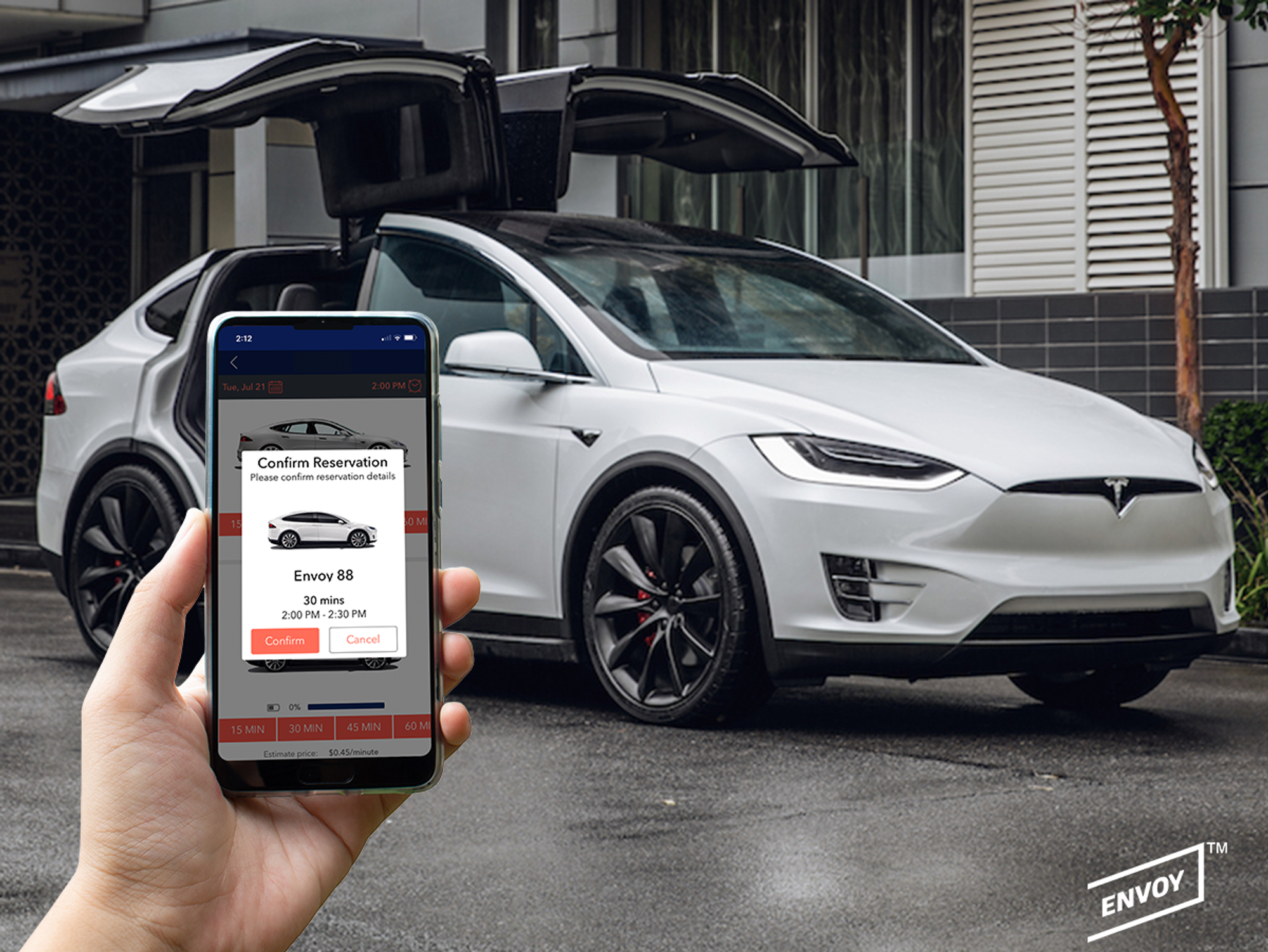The Los Angeles Cleantech Incubator (LACI) has launched a new loan program that aims to provide early-stage clean tech startups with non-dilutive debt funding.
The $6 million LACI Cleantech Debt Fund will be loaned out in $25,000-to-$250,000 increments to approximately 100 early-stage startups nationwide over the next five years, the incubator said Wednesday. Unlike venture capital, the debt offers founders a way of raising capital that doesn’t dilute their ownership in their company.
LACI said it is particularly interested in extending loans to female, Black and brown founders, who have historically faced institutional barriers in raising capital for new businesses. In that spirit, the debt fund will not require founders to put up their own assets as collateral and will not require their personal credit scores as part of the underwriting process.
The fund is an important step in LACI’s goal of bringing a more diverse set of voices to the clean tech table, LACI CEO Matt Petersen told dot.LA. “What’s most exciting in the clean tech entrepreneurial space is we’ve seen a bias against women and Black and brown founders, but we’re beginning to see some things change,” Petersen said.
To launch the fund, LACI partnered with anchor investors Sobrato Philanthropies and Homecoming Capital, while the debt vehicle’s initial operating costs and loan loss reserves will be covered by a grant from the Wells Fargo Foundation.
The fund builds on the success of a pilot program that provided more than $300,000 to nine startups, including Massachusetts-based mobile electric vehicle charging company SparkCharge and Culver City-based electric car-sharing service Envoy. That pilot debt program has subsequently “had zero defaults and no late payments,” according to LACI.- What Are LA's Hottest Startups of 2022? See Who VCs Picked in dot ... ›
- Envoy Gets $11M to Make Electric Cars an Apartment Perk - dot.LA ›
- How Avantus is Helping Students Land Clean Energy Jobs - dot.LA ›


